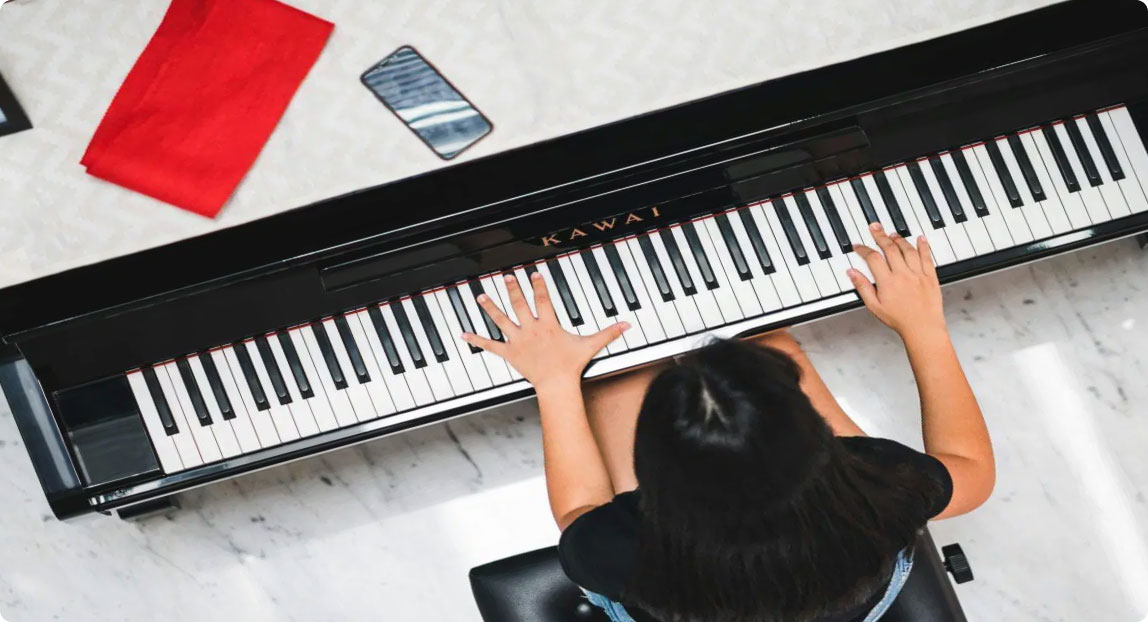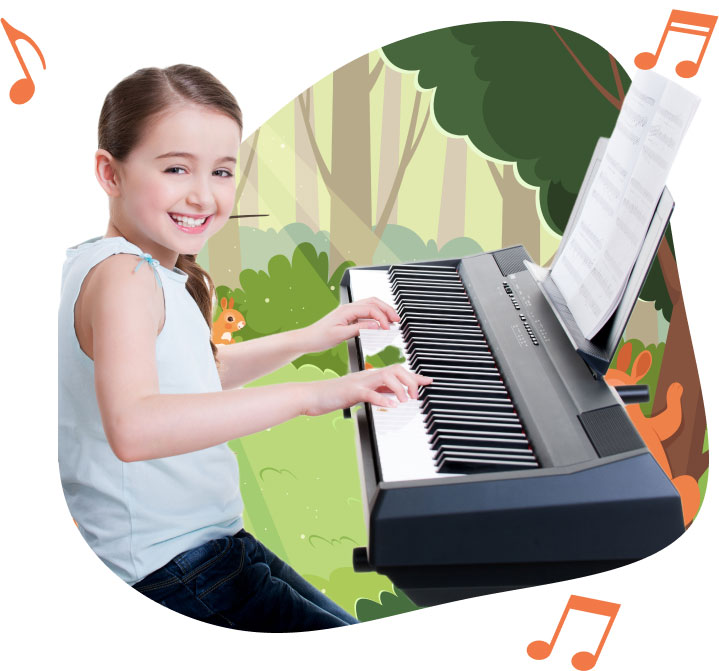
PLAY THE Piano
Master THE ART
Embark on a soul-stirring journey with the grandeur of the tuba, the heart of any orchestra, with our bespoke tuba lessons for enthusiasts aged 7 and up. This powerful brass instrument, known for its deep, resonating tones, is unparalleled in its ability to captivate and inspire.
Diving into the world of the tuba is more than just learning an instrument; it’s a plunge into the profound depths of musical richness. Our tuba lessons are intricately designed to illuminate every corner of this majestic instrument, making each session enlightening and engaging.
Posture is paramount when it comes to the tuba, given its substantial size and weight. Our seasoned instructors provide dedicated guidance, ensuring students adopt a posture that optimizes comfort, facilitates airflow, and fosters the best sound resonance.
Central to mastering the tuba’s sonorous depths is the development of a proper embouchure. With the tuba’s wide mouthpiece demanding a distinct approach, our lessons delve into the nuances of lip placement and facial muscle engagement. Through iterative feedback and tailored exercises, students are steered towards achieving an embouchure that harmonizes technique with tonality.
Breath control stands at the epicenter of the tuba’s powerful sound production. Our curriculum integrates structured breathing exercises, promoting optimal airflow, and enhancing the ability to produce those deep, haunting notes that only a tuba can deliver.
Our tuba lessons place a special emphasis on tone production. Given the tuba’s unique role in adding depth and foundation to orchestral compositions, we guide students in understanding both the science and art behind generating sounds that are technically impeccable and emotionally stirring.
Ensuring holistic musical development, technique is a cornerstone of our educational approach. From mastering fingerings to understanding articulation subtleties, our lessons cover the full spectrum, transforming students into proficient tubists.
With our experienced instructor’s guidance, you will not only learn the tuba; you’ll feel its rhythm, resonate with its depth, and truly understand its soul. Join us in these tuba lessons, and let the deep, melodious sounds of the tuba resonate within and around you
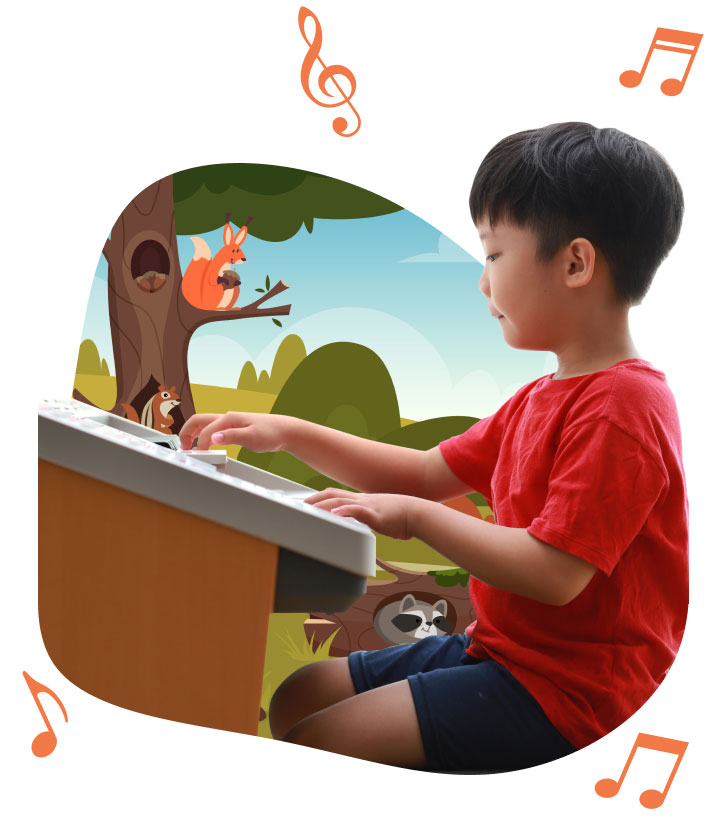
OUR Promise
-

dedicated & passionate
-

strong foundation
-

result driven
STUDENT’S Journey
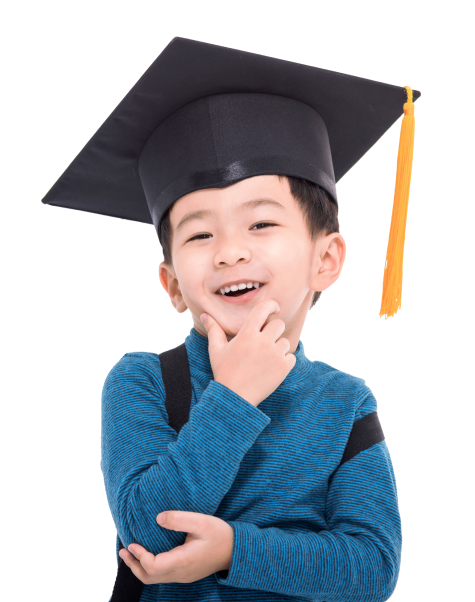
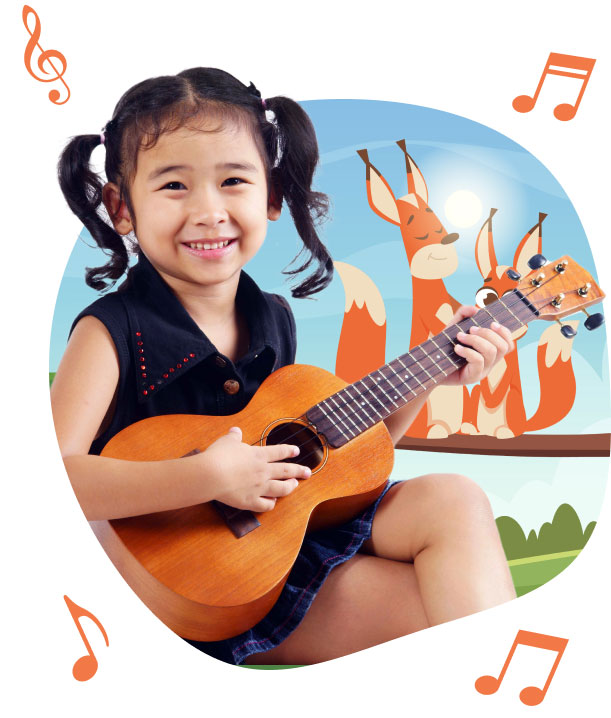
BOOK A Consultation
FREQUENTLY ASKEDQuestions
The cost of music lessons in Singapore can vary depending on the type and level of instruction. Private music lessons tend to be more expensive than group classes, as they offer more personalised instruction.
The price of music lessons also depends on the teacher’s qualifications and experience, as well as the type of music being taught.
In general, music lessons in Singapore can range from $50 per hour for basic instruction to over $100 per hour for advanced or specialised classes.
Singapore is home to many music schools, offering a wide range of music-related courses and programs.
According to statistics from the Ministry of Education, there are over 260 music schools in the country. These schools provide music education at all levels, from beginner classes for young children to advanced music theory and composition classes for adults.
Music schools in Singapore offer lessons in a variety of music genres, including classical music, jazz, pop music, and traditional music. Students can gain practical experience by participating in concerts or recitals held at the schools.
Learning piano in Singapore can be a rewarding experience and is an excellent way to pursue music. The cost of piano lessons varies depending on factors such as the teacher’s qualifications, location, and frequency of lessons.
Generally speaking, piano lessons in Singapore usually range from $50 to $200 per hour.
Those seeking more experienced teachers may pay a premium for lessons, but overall, piano lessons in Singapore are relatively affordable.
Music classes can be a great way for children to develop their musical skills and explore the world of musical instruments in a safe and educational environment.
Music classes can also improve concentration, collaboration skills, and self-confidence, as well as teaching music theory and providing exposure to different styles of music.
Additionally, music has been proven to have a positive effect on the brain and help with memory retention. Participating in music classes can provide numerous benefits for children and support their overall development.
When it comes to taking music classes, there is no single “best” age to learn. Ultimately, the best time to learn music depends on a variety of factors such as individual learning styles and abilities, availability of resources, and commitment level.
For younger children, around ages 3-6 may be an ideal age to learn music as they are developing their auditory and motor skills, which makes it easier for them to learn and remember. At this age, children tend to have more free time and energy to take on a new skill like learning an instrument.
The amount of time it takes to learn music depends on several factors, including the type of music you are learning and your individual abilities.
If you have prior experience with a musical instrument or knowledge of music theory, it can take less time to learn than someone who is starting from scratch.
Generally speaking, it can take anywhere from six months to a year to learn the basics of playing a musical instrument and reading basic music notation. After that, it may take years to learn more advanced techniques or become proficient in a specific style of music.
With dedication and practice, you can learn to play music in whatever amount of time is right for you.
Piano lessons can be a great way to develop your piano-playing skills and musical understanding. They provide an opportunity to work with experienced piano teachers who can help you progress in the best possible way.
Not only will they teach you proper piano technique, but piano lessons can also open up new musical possibilities and help bring out your creative side.



